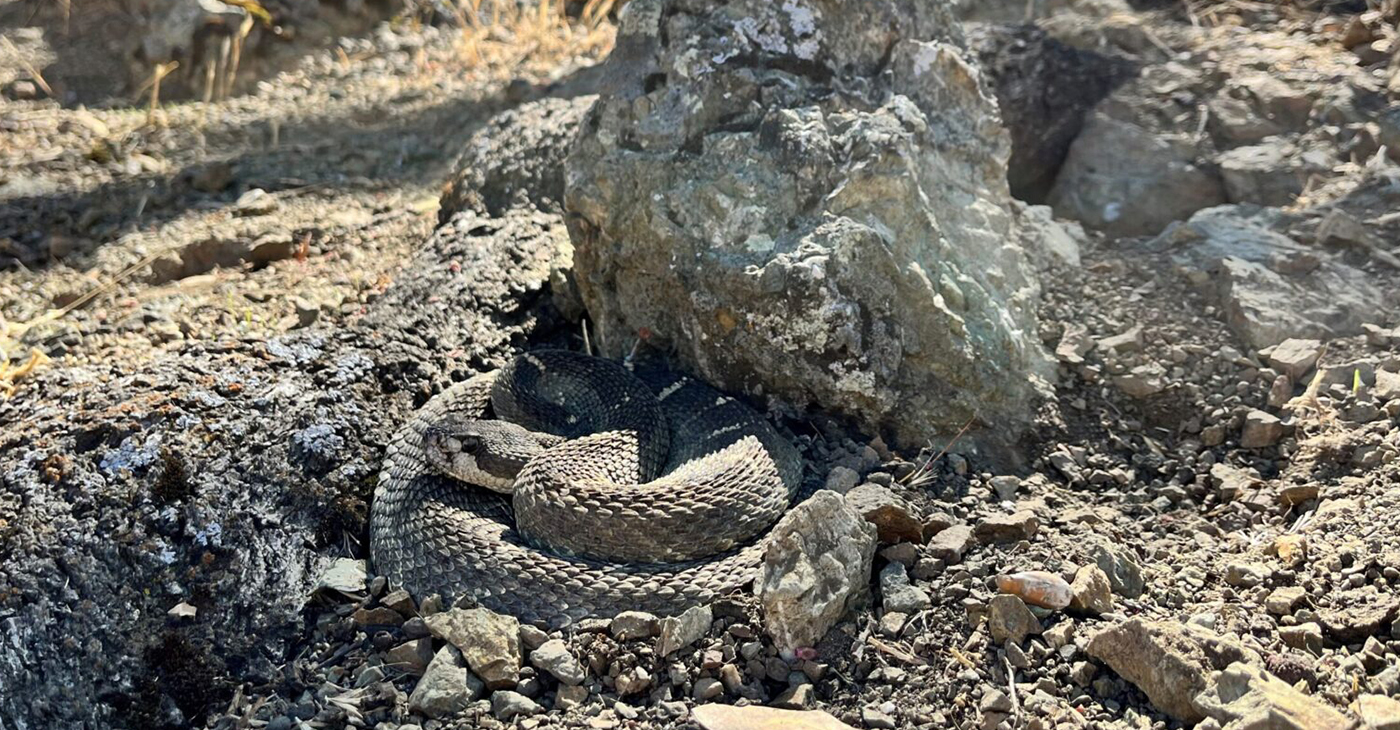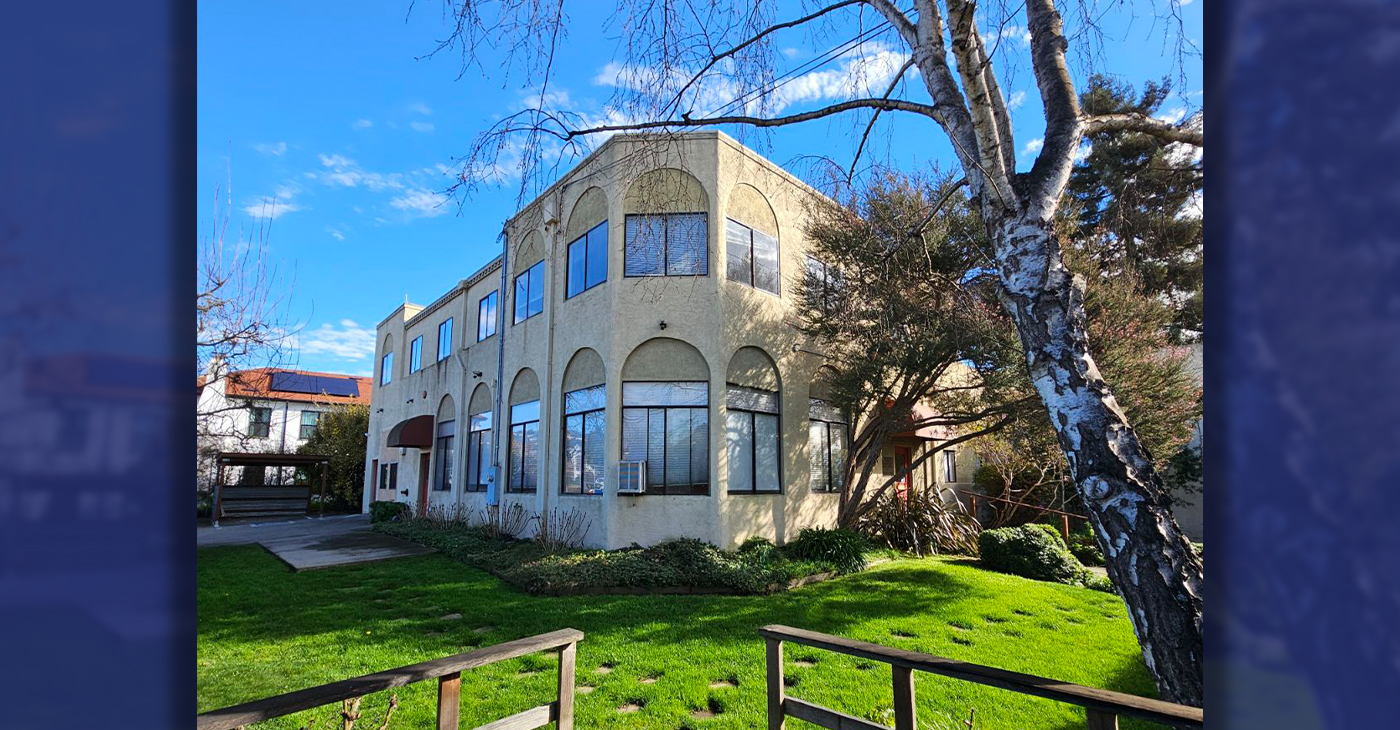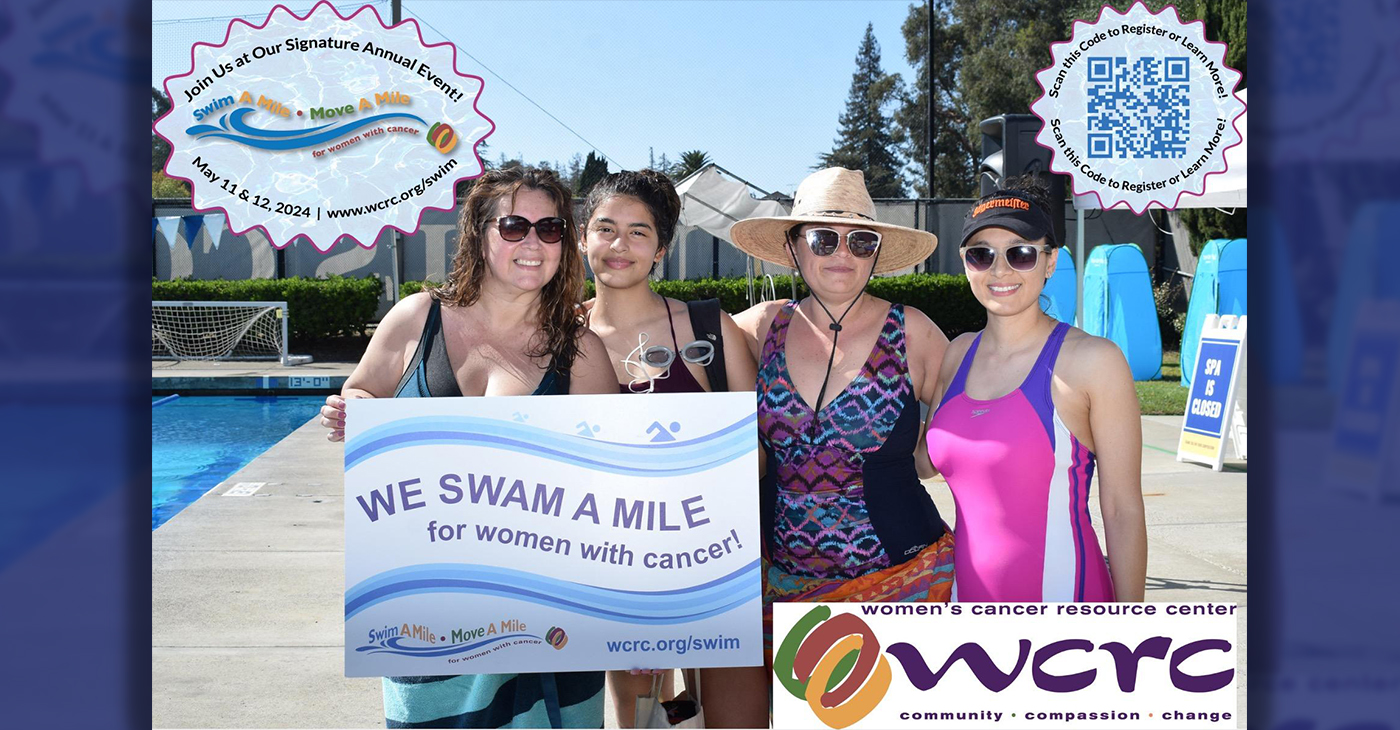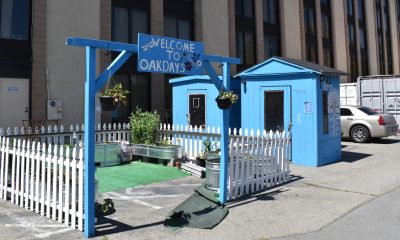Health
Opinion: Legislature Reduces Penalties for Intentionally Infecting Someone with HIV/AIDS

By Jerome Horton
Having sex with a person with the specific intent of infecting them with the HIV/AIDS virus is a felony punishable by imprisonment for 3, 5, or 8 years.
At least that was the case until this year, when the California legislature reduced the penalty for intentionally exposing someone to HIV without telling them, or for deliberatively donating blood contaminated with the HIV/AIDS virus, from a felony to a misdemeanor punishable by county jail time of not more than six months.
However, under California Penal Code Section 502(c) a person can be fined up to $10,000 and/or sentenced to state prison for up to three years for intentionally contaminating a computer with a virus. Go figure!
As recently as 2015, California was 2nd in the U.S. in annual HIV infections, according to the California Department of Public Health. Thankfully, California is making progress in its fight against HIV and AIDS and the number of new infections is declining.
Equally significant, every drop of blood donated in the United States (U.S.) since 1985 has been tested for HIV, according to the American Red Cross. The last known case of someone contracting HIV from a blood transfusion in the U.S. was in 2008, according to the Center for Disease and Control Prevention.
Studies show that decriminalizing the act of intentionally donating HIV-infected blood may actually increase the occurrence. According to the Food and Drug Administration (FDA), the success in reducing the incidence of donated blood being infected with HIV is attributable in part to the ban on collecting blood from certain people.
Further, according to FDA, there would be greater risk involved with relying solely on the testing system to prevent transmission, suggesting that without the donor ban an additional 31 units of HIV infected blood would slip past the screening annually, potentially exposing as many as 54 people.
Supporters of the legislation have argued the opposite: that criminalizing the act of intentionally, deliberatively, and purposefully donating infected blood would increase the risk of the infection through donated blood.
The primary concern about HIV-positive blood entering the donor system is the lag between when a person becomes infected and when the infection is detectable, which is what scientists refer to as the “window period.”
Proponents of the legislation also suggest that as of 2017, laws that criminalize infecting someone with HIV are not based on modern scientific data, as the Center for Disease Control and Prevention states that those persons who are treating the virus with medication decrease their chance of transmitting the virus by over 95 percent.
According to the Joint United Nations Program on HIV/AIDS (UNAIDS), the U.S. has a concentrated HIV epidemic, primarily among men who have sex with men (MSM) and injection drug users, and it has greatly affected the economically disadvantaged in many urban areas.
Indicative of this impact, the cost of HIV/AIDS medication can range from $2,000 to $5,000, which is especially challenging for poor to middle-income Californians.
Thus, the reason many argue that the recently signed legislation is inherently discriminatory is because if a person intentionally, purposely, and deliberatively infects a low- to middle-income person who cannot afford the cost of the medicine, the victim will effectively get a death sentence while the perpetrator of the crime only gets up to six months in jail without required restitution.
This article is dedicated to my surrogate brother, Tony, who died from the AIDS virus.
Board of Equalization Member Jerome Horton has over 37 years of public and tax policy experience, serving as a member of the Inglewood City Council, State Legislature, California Medical Commission, California Cultural Endowment and Workforce Investment Board and as the 1st African American elected to the California State Board of Equalization.
Bay Area
East Bay Regional Park District Issues Rattlesnake Advisory
The East Bay Regional Park District released an advisory today on rattlesnakes, which emerge from winter hibernation in early spring and become more active. Warm weather can bring more potential for rattlesnake encounters with humans and dogs, particularly along trails and roads.

The Richmond Standard
The East Bay Regional Park District released an advisory today on rattlesnakes, which emerge from winter hibernation in early spring and become more active.
Warm weather can bring more potential for rattlesnake encounters with humans and dogs, particularly along trails and roads.
Visitors are encouraged to avoid hiking alone in case of an emergency, to scan the ground ahead as they walk, jog or ride, stay on trails avoiding tall grass, and to look carefully around and under logs and rocks before sitting down. Keep your dog on your leash to be extra safe, park officials said.
If you encounter a rattlesnake, leave it alone – it is unlawful to capture or harm one. Move carefully and slowly away or around it and give it plenty of space, park officials said.
Those who are bitten by a rattlesnake are instructed to stay calm by lying down with the affected limb lower than the heart, then having someone call 911.
Getting medical attention is critical.
Those bitten should not use tourniquets, “sucking,” or snake bite kits. If you are by yourself, walk calmly to the nearest source of help to dial 911, do not run.
If bitten by any other type of snake, wash the wound with soap and water or an antiseptic and seek medical attention.
Not sure what bit you? Check the bite for two puncture marks (in rare cases one) associated with intense, burning pain, which is typical of a rattlesnake bite. Other snakebites can leave marks without associated burning pain.
The Northern Pacific rattlesnake is the species found in East Bay Regional Parks. Snakes are important to the natural environment, helping to control rodents and other reptile populations. But enjoy them from afar.
For more information, download the Park District’s Common Snakes brochure or watch our Gopher Snake or Rattlesnake video to learn how to tell the difference between rattlesnakes and gopher snakes. Additional information is available at ebparks.org/safety/wildlife-encounters.
Alameda County
A Safe Place, Bay Area Domestic Violence Community Organization, Opens New Service Center in Oakland
Oakland-Bay Area non-profit, A Safe Place, announces the grand opening of its newly purchased building in Oakland that will be a service center for families that have suffered from domestic violence. The new, two-story building has over six new service rooms for counseling, mental health support groups, legal services, children’s treatment, safe space for community engagement, and partnership activities.

By Courtney Slocum Riley
Special to The Post
Oakland-Bay Area non-profit, A Safe Place, announces the grand opening of its newly purchased building in Oakland that will be a service center for families that have suffered from domestic violence.
The new, two-story building has over six new service rooms for counseling, mental health support groups, legal services, children’s treatment, safe space for community engagement, and partnership activities.
Domestic violence occurrences and offenses account for a considerable amount of all violent crimes in Alameda County. A Safe Place is attempting to provide a safe place for families to heal. A Safe Place is the only comprehensive domestic violence assistance program including a safehouse, in Oakland.
The grand opening celebration will also serve as a fundraiser to build out healing, therapeutic spaces for children and adult victims and survivors and survivors of domestic violence (male and female).
The new service center will expand the work of the organization, founded in 1976 when a group of women working in San Francisco came together to address the urgent need for a shelter in the East Bay. A year later, they founded A Safe Place (ASP) in Oakland. Run solely by volunteers, they set up a crisis line to offer crisis counseling and information to battered women and their children.
The organization serves over 500 adults and children annually through a host of services including crisis counseling via 24-hour crisis line, emergency motel and safehouse sheltering, mental health services (counseling and support groups).
Under the leadership of Executive Director, Carolyn Russell, the organization has grown from a single program into the comprehensive domestic violence and assistance program. ASP strives to meet the growing and diverse needs of our growing community.
The organization hopes to complete all the upgrades and therapeutic room improvements by August 2024. The public is invited to donate to the effort by using the website at www.asafeplace.org/donate. The organization also accepts in-kind gifts as well as items from the organization’s Amazon Wishlist.
Community
Swim to fight cancer

-

 Community2 weeks ago
Community2 weeks agoFinancial Assistance Bill for Descendants of Enslaved Persons to Help Them Purchase, Own, or Maintain a Home
-

 Activism4 weeks ago
Activism4 weeks agoOakland Post: Week of April 3 – 6, 2024
-

 Business3 weeks ago
Business3 weeks agoV.P. Kamala Harris: Americans With Criminal Records Will Soon Be Eligible for SBA Loans
-

 Activism3 weeks ago
Activism3 weeks agoOakland Post: Week of April 10 – 16, 2024
-

 Community3 weeks ago
Community3 weeks agoAG Bonta Says Oakland School Leaders Should Comply with State Laws to Avoid ‘Disparate Harm’ When Closing or Merging Schools
-

 Community2 weeks ago
Community2 weeks agoOakland WNBA Player to be Inducted Into Hall of Fame
-

 Community2 weeks ago
Community2 weeks agoRichmond Nonprofit Helps Ex-Felons Get Back on Their Feet
-

 Community2 weeks ago
Community2 weeks agoRPAL to Rename Technology Center for Retired Police Captain Arthur Lee Johnson

















































